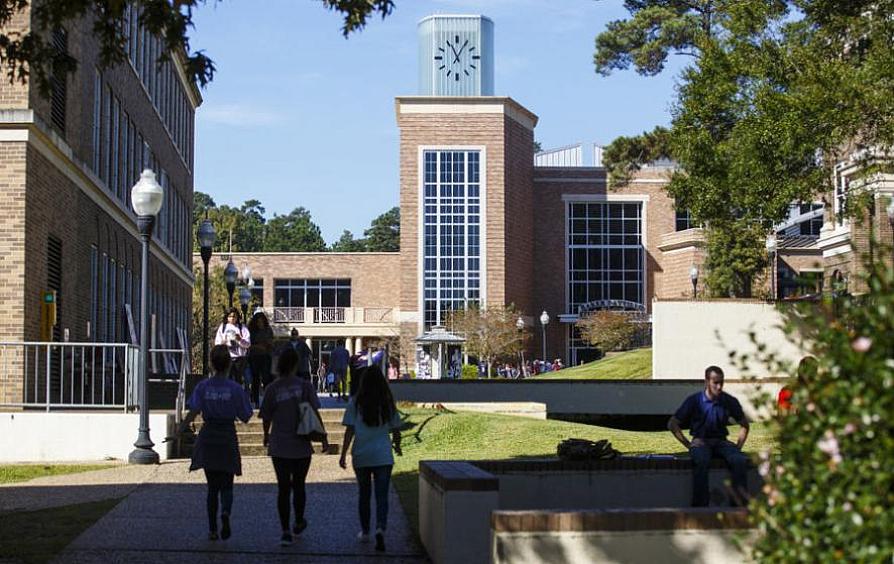Re-Imagining the First Year of College (RFY)
Re-Imagining the First Year (RFY) is a project aimed at ensuring success for all students, particularly those who have historically been underserved by higher education:
- low income
- first generation
- students of color
The goal of RFY is to dramatically improve the quality of learning and student experience in the first year, increase retention rates, and improve student success. The RFY project is a groundbreaking collaboration to substantively and sustainably alter the first-year experience for students at participating AASCU institutions.
The first year of college has emerged as the critical barrier to college success, the point at which colleges experience the greatest loss of students. The RFY project recognizes that no single intervention will solve student performance, and that solutions that fail to reflect the differing needs of a changing student body will not be successful. RFY seeks to inspire redesigned approaches that work effectively for all members of an increasingly diverse, multicultural, undergraduate student body, eliminating the achievement disparities that have plagued American higher education for generations. Ultimately, re-designing this critical first year will allow for broader reform of the undergraduate experience in the future.
Campus Goals
SFA seeks to create a campus culture that supports first year students by offering a student-centered approach to student success that provides the appropriate assistance for each student as they navigate the first year of college while engaging them in transformative academic and co-curricular activities. We seek to support all students in the pursuit of their academic goals and impact academic success, retention and graduation rates.
Institutional Intentionality
- Create a Student Success Center that supports students in overcoming obstacles faced by students particularly in the first-year of college
- Expand the number of cohorts offered through Generation Jacks and explore an alternative model for delivering the most cost-effective high impact practices of the Gen Jacks program on a larger scale (potentially to reach all first-generation FTFT freshmen).
- Create programmatic initiatives that institutionalize disciplined based student engagement by identifying programs that have the highest retention rate and finding what those programs are doing to engage their students.
- Utilize data and the data analytics processes to leverage clear pathways for students.
- Offer multiple semester registration.
Curriculum
- Analyze gateway courses with high DFWI rates and share data and best practices on student success with faculty, particularly those who teach in gateway courses.
- Redesign developmental courses to support student success.
- Develop block scheduling for all FTFT.
- Identify and publish clear pathways to success in all degree programs.
Faculty
- Recognize and support outstanding work for student success.
- Provide faculty development opportunities in course redesign for faculty who teach developmental and gateway courses.
- Develop a program for discipline-based, faculty mentoring of students.
Students
- Reorganize advising processes and procedures to better support the first year student.
- Implement a 15 to Finish Program.
- Analyze data and redesign AARC tutoring system to meet the needs of FTFT students.
- Implement redesigned Early Alert system using the SSC Campus platform.
- Link career development activities to degree pathways to help students develop habits of the discipline and articulate marketable skills gained during study.
 Axe ’Em, Jacks!
Axe ’Em, Jacks!
